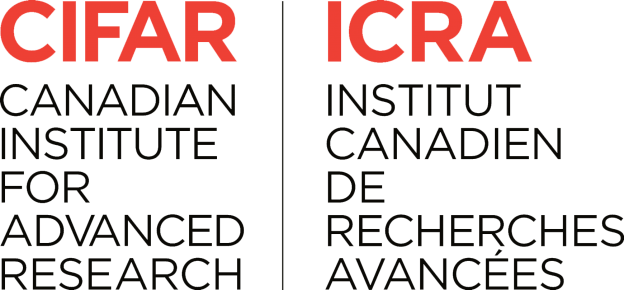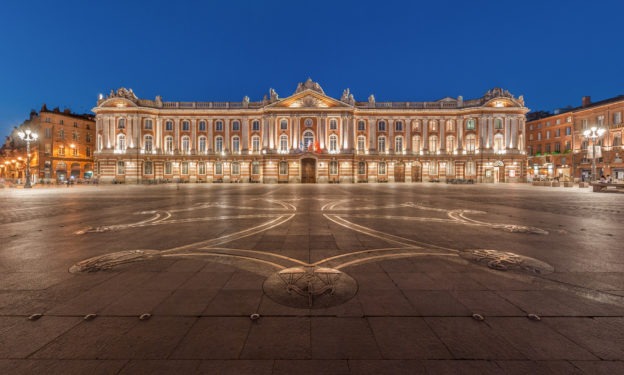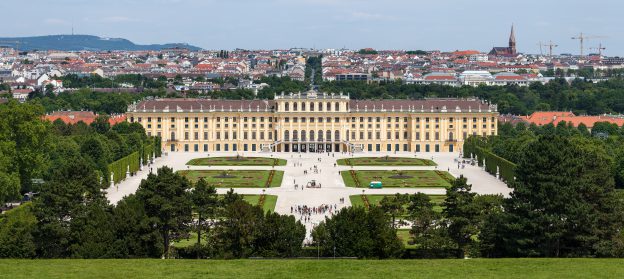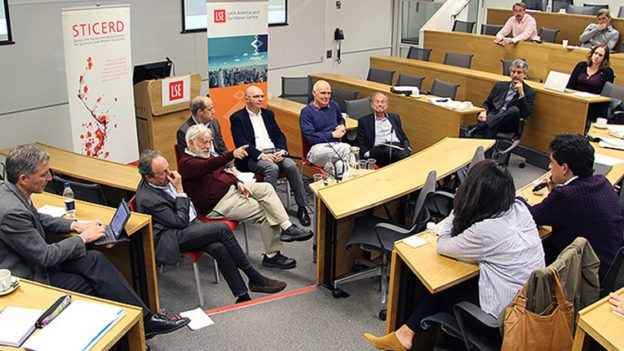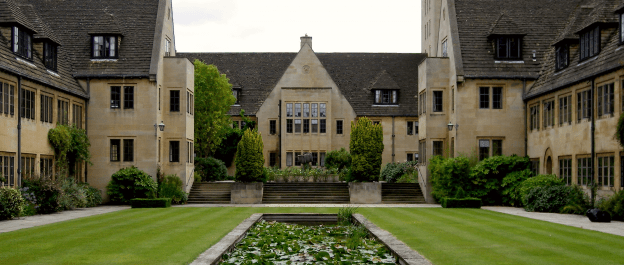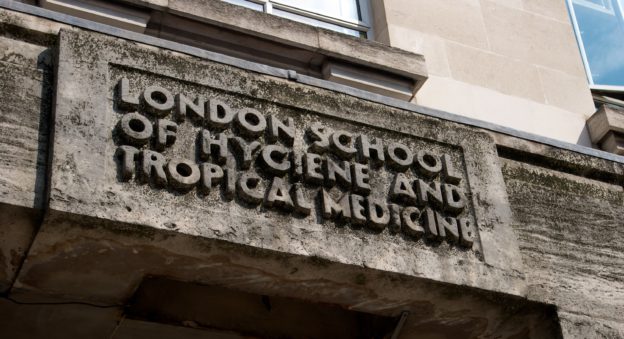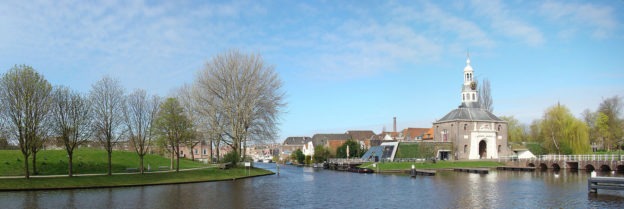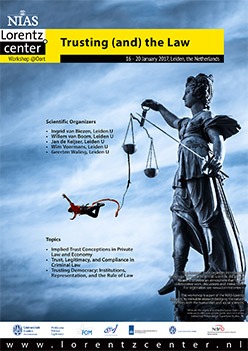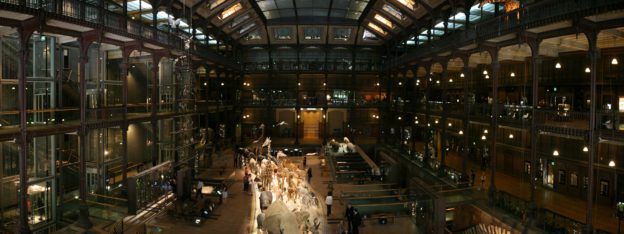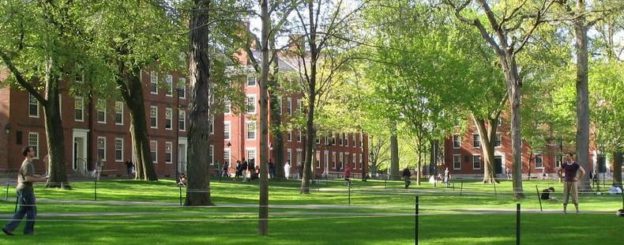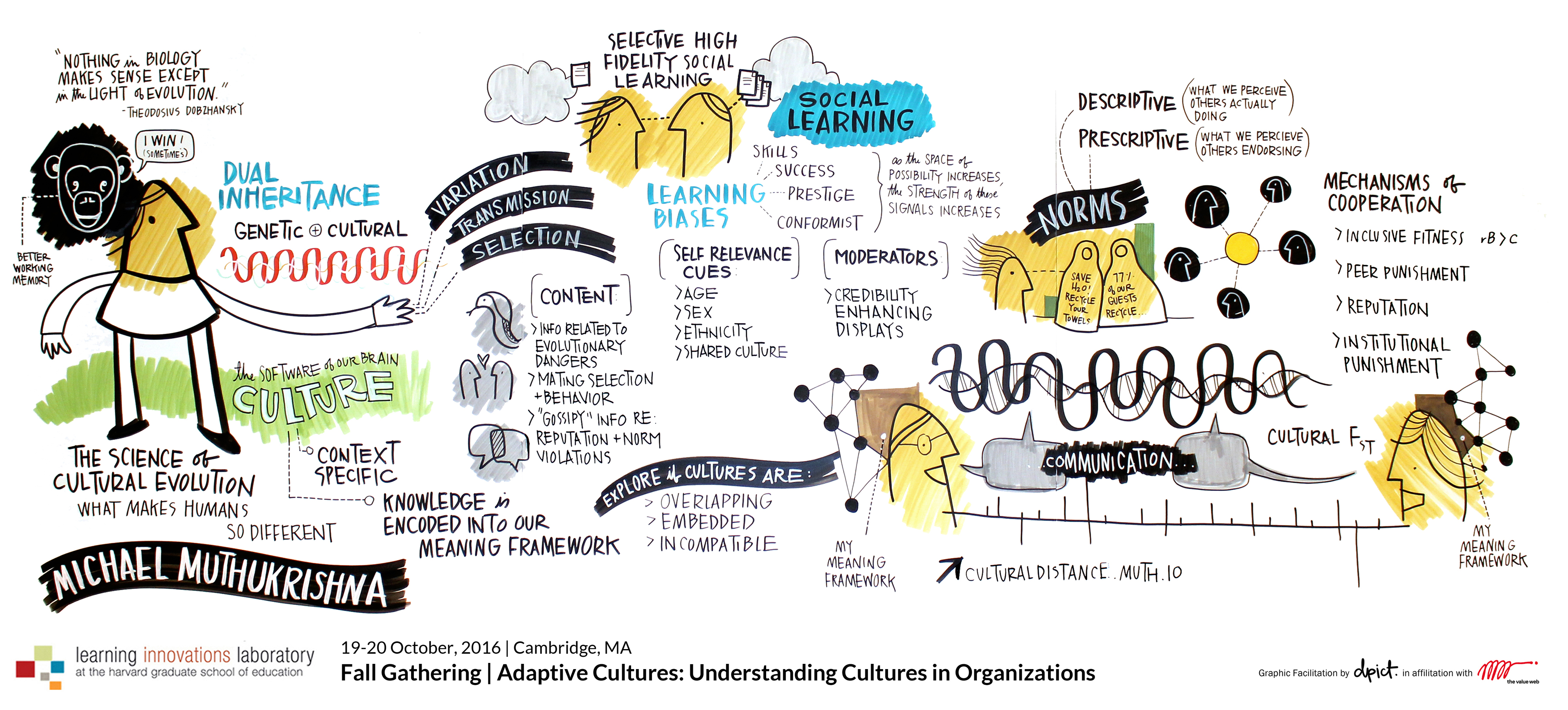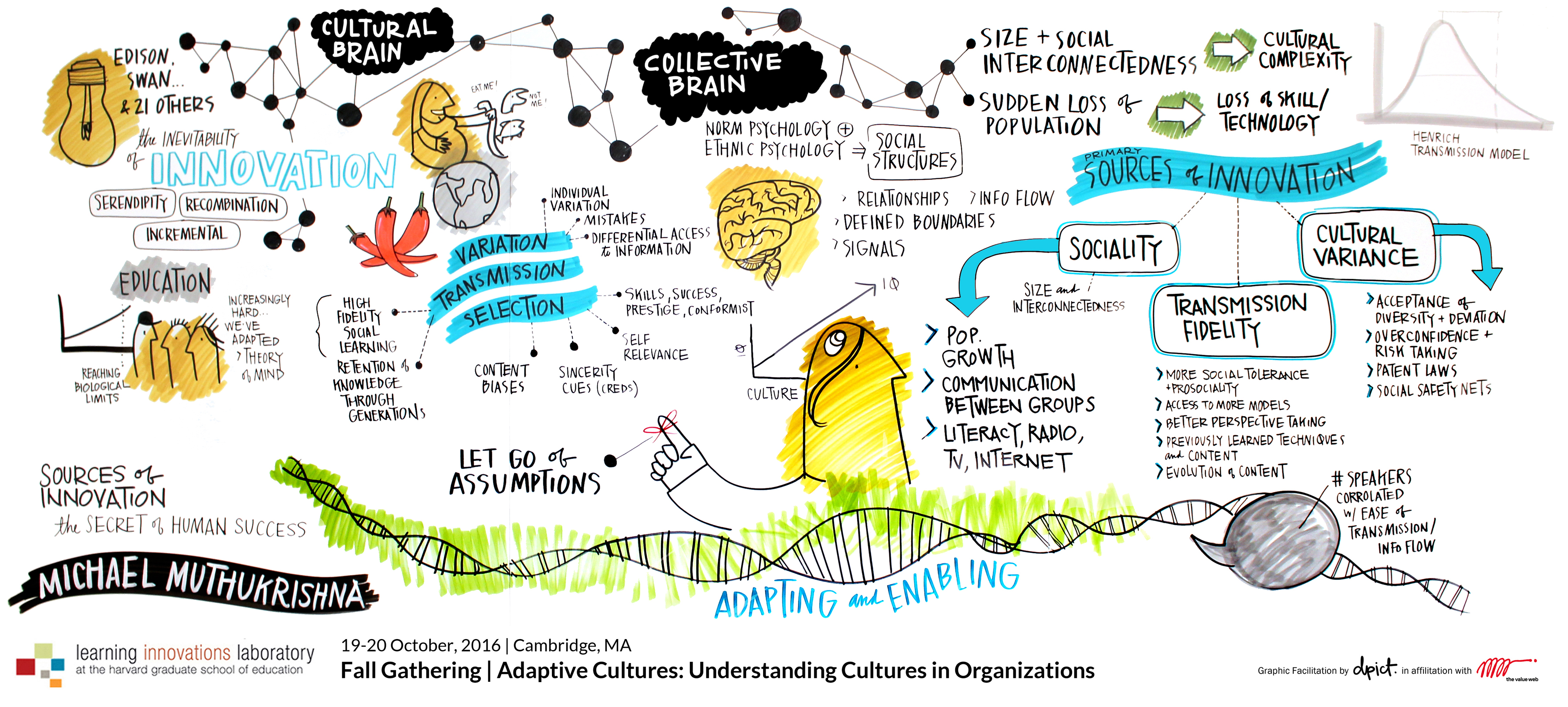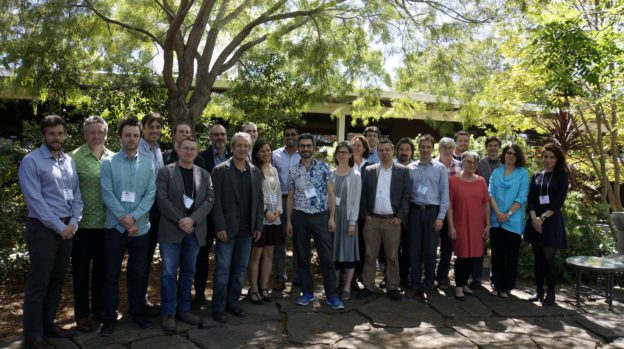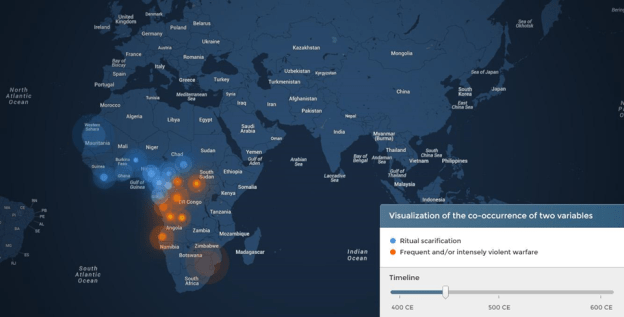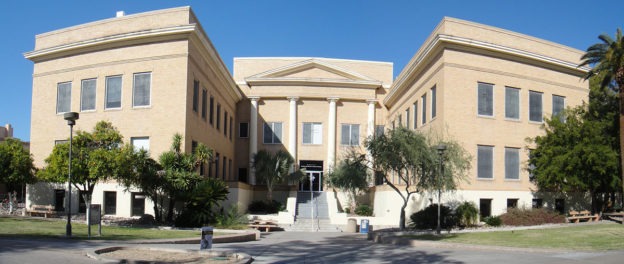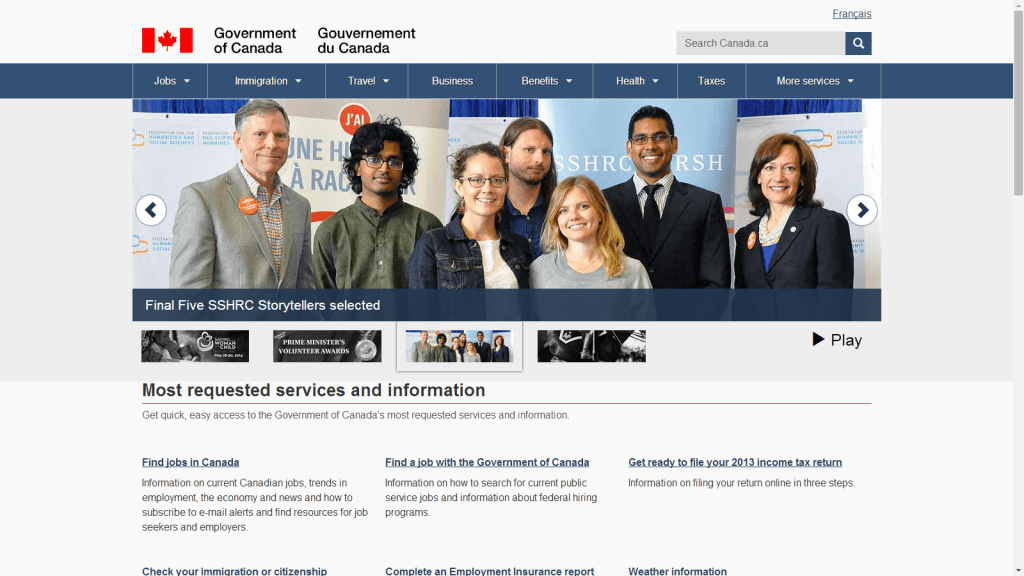As a Top 5 winner of the Social Sciences and Humanities Research Council of Canada’s (SSHRC) Research for a Better Life: The Storytellers challenge, I was invited to present our research on the Database of Religious History at the SSHRC Impact Awards ceremony in Ottawa, Ontario.
It was an honor to meet the the Governor General of Canada, His Excellency the Right Honourable David Lloyd Johnston, SSHRC’s Executive Vice-President and Chief Operating Officer, Ted Hewitt, SSHRC’s Associate Vice-President, Future Challenges, Ursula Gobel (who I previously met at SSHRC Congress), CBC host of Ideas, Paul Kennedy, and the winners of the SSHRC Impact Awards – Beverley Diamond, Thomas Lemieux, Nico Trocmé, Wendy Craig, and Kirk Luther.
You can watch my talk below:
The Database of Religious History has been featured in several places, including canada.ca. See my previous News post for more details.
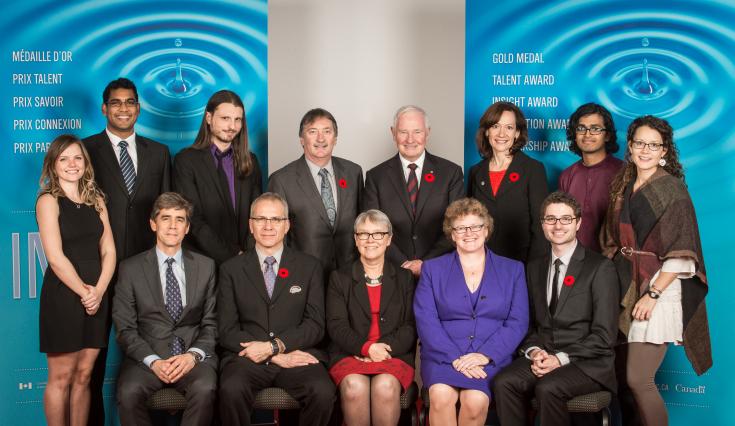
Top Row (Left to Right): Robin MacEwan, Michael Muthukrishna, James O’Callaghan, Ted Hewitt (Executive Vice President, SSHRC), Hon. David Johnston, Ursula Gobel (Associate Vice-President, Future Challenges, SSHRC), Vineeth Sekharan, Marylynn Steckley
Bottom Row (Left to Right): Thomas Lemiux (Insight Award), Nico Trocmé (Connection Award), Beverley Diamond (Gold Medal), Wendy Craig (Partnership Award), Kirk Luther (Talent Award)









